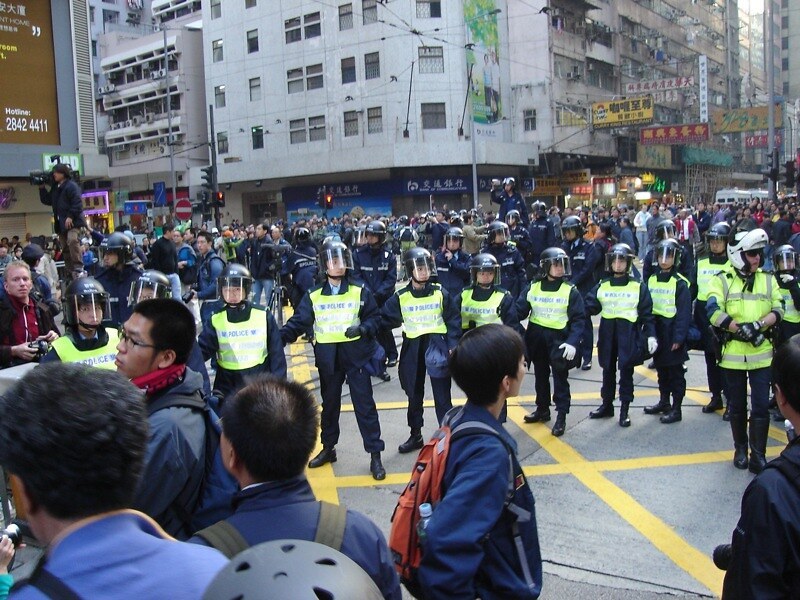
The government of Hong Kong is condemning what it calls the "harboring of criminals" by other countries and organizations after the exiled former pro-democracy lawmaker Nathan Law was granted political asylum by the United Kingdom. Hong Kong is currently an autonomous Special Administrative Region of the People's Republic of China, which means they are under control of the Chinese Communist Party which seeks to persecute pro-democracy activists and leaders.
According to Radio Free Asia, Law took to Twitter to share the good news that his status as a political asylum-seeker has been approved following several interviews in the last four months. The United Kingdom had granted his request and he is now free to legally seek refuge away from the political chaos in Hong Kong. Chinese authorities who lead the Hong Kong government however, are displeased.
"Any country, region, organisation or individual that harbours Hong Kong criminals in any form shows contempt for the rule of law, grossly disrespects Hong Kong's legal systems and barbarically interferes in the affairs of Hong Kong," the government announced, echoing the comments of Beijing's foreign ministry spokesman.

The Hong Kong government appears to dispense the rule-of-law principle that the accused are believed to be innocent until proven guilty, saying that "criminals [were alleging] that they were prosecuted for political reasons to deliberately escape justice."
The Hong Kong government warned that these organizations and countries providing asylum to refugees "shall eventually bear the consequences of what they have done." China's foreign ministry spokesman Zhao Lijian did not mince words during a regular news briefing, calling the U.K. a "platform for Hong Kong independence agitators" and a "shelter for wanted criminals."
Zhao also issued a warning to the U.K., forbidding them from "interfering" with the affairs of China and Hong Kong.
According to The Guardian, Law fled Hong Kong in 2020 after he was proven to have been "exposed to severe political persecution." He is just one of the hundred pro-democracy leaders who have been arrested by the government. Up to 10,200 more people have been arrested during the mass protests that began in Hong Kong in 2019.
Only a quarter of them have begun to undergo judicial proceedings and less than half of those cases have been completed. Results showed that there were 614 convictions, 186 acquittals, and 50 withdrawals of charges.
The U.K. is no stranger to strong criticism from China, as just last month, the CCP imposed sanctions on up to nine U.K citizens, including five Members of the Parliament over their condemnation of the Uyghur genocide in Xinjiang.
According to BBC, China imposed sanctions on former Conservative leader Iain Duncan Smith, Nusrat Ghani and Tim Loughton, their peers Baroness Kennedy and Lord Alton, members of the Inter-Parliamentary Alliance on China.
Also sanctioned by China are MPs Tom Tugendhat and Neil O'Brien, who led the China Research Group; lawyer Sir Geoffrey Nice QC, chair of the Uighur Tribunal; and Newcastle University academic Jo Smith Finley, an Uyghur researcher.
These nine individuals, who are doing meaningful work to expose China's abuses against the Uyghur communities in Xinjiang, have been prohibited from entering China, Hong Kong and Macau, doing business with Chinese organizations and individuals, and have had their assets in China frozen.



























